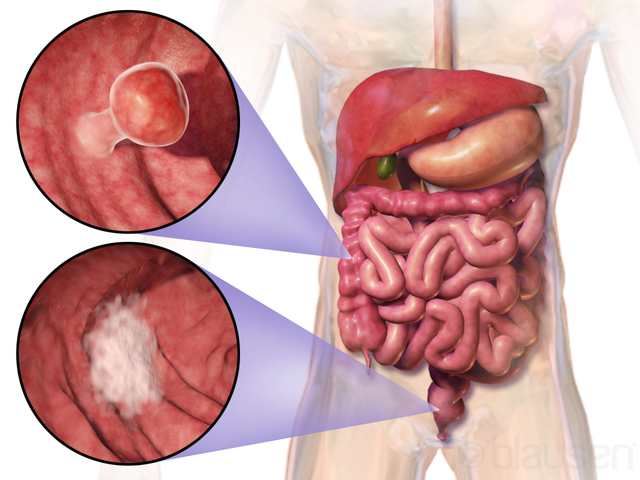Colorectal cancer rates may have been dropping in the United States for the past decades, but a new study shows that Millennials and Generation X are seeing a sharp increase when it comes to the disease. This has sparked debates on whether screening might be more helpful if started at an earlier age.
The number of colorectal cancer cases among older Americans has fallen, but this good news is overshadowed by new facts, the Daily Herald reports. According to researchers, since the mid-1980s, colon cancer rates have risen around 1-2% per year for people in their 20s and 30s. The same was true for middle-aged adults, but the growth was slower.
Rates have climbed even faster in the past decades, at around 3% per year for those in their 20s and 30s, and 2% for those ages 40 to 54.
Now, three out of 10 new cases of cancer are diagnosed in patients younger than 55 – twice the numbers in 1990.
Rebecca Siegel, a researcher from the American Cancer Society who led the study, said that this rapid increase “was just very shocking.” The researchers were unable to pinpoint why exactly these cancer rates were on the rise. But Siegel suggests that the same things that have contributed to the sharp increase in obesity could be the culprits here: changes in diet, sedentary lifestyles, low fiber consumption and excessive weight.
The researchers looked at over 490,000 people ages 20 and older who had received treatment for invasive colorectal cancer from 1974 to 2013, focusing on years the patients were born.
The American Cancer Society estimates that more than 95,000 new cases of colon cancer and close to 40,000 new cases of rectal cancer will be diagnosed this year. Some 50,000 people are expected to die of the condition in 2017.
Nilofer Azad, an oncologist at the Sidney Kimmel Comprehensive Cancer Center at Johns Hopkins, who was not involved in the research, said that younger people are often diagnosed at a later stage because they are not getting screened. In addition, doctors don’t immediately suspect cancer.
Recommendations for screenings and colonoscopies generally start at age 50 for persons with an average risk, and earlier for those who have a family history. Now, those guidelines are under review.
“We need to do a new analysis to see if we should start screening earlier, like at 45,” Azad said.
The study was published in the Journal of the National Cancer Institute.
























